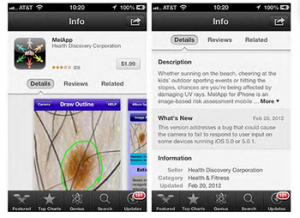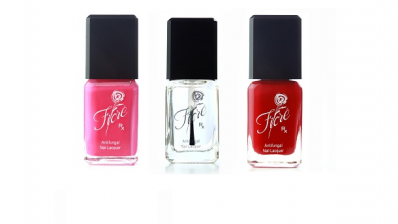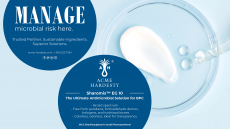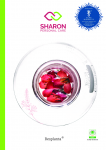FTC raps US app marketers for claiming they could detect melanoma

According to the FTC, each of the apps instructed users to photograph a mole with a smartphone camera and input other information about the mole. They then purported to calculate the mole’s melanoma risk as low, medium, or high.
The Commission found these claims to be 'deceptive' and that the marketers lacked adequate evidence to support them.
“App developers and marketers must have scientific evidence to support any health or disease claims that they make for their apps,” says Jessica Rich, director of the FTC’s Bureau of Consumer Protection.
The case against Mole Detective...
Kristi Kimball's 'New Consumer Solutions' developed and first marketed 'Mole Detective' in January 2012. By August of that year, U.K. based Avrom “Avi” Lasarow and his company L Health., took over marketing the app.
The marketers advertised the app primarily online, where it has sold in the Apple and Google app stores for as much as $4.99.
A settlement with the FTC has seen Kimball prohibit her company from claiming that the app can detect or diagnose melanoma, unless the representation is truthful, not misleading, and supported by competent and reliable scientific evidence in the form of human clinical testing of the device.
It also prohibits them from making any other misleading or unsubstantiated health claims about a product or service, and requires them to pay $3,930.
The agency is still pursuing charges against non-settling marketers, Lasarow and his company.
The issue with MelApp
The proposed settlement for 'Health Discovery Corporation's' MelApp, which has been marketed online since 2011 for $1.99, prohibits the company from making claims about detecting melanoma or its risk factors or even that their app increases a user’s chance of detecting melanoma unless the claim is not misleading and backed up by reliable scientific evidence.
The corporation has been ordered to pay $17,963.
The agreement will be subject to public comment for 30 days, beginning today and continuing through March 25, 2015, after which the Commission will decide whether to issue the order on a final basis. Interested parties can submit written comments electronically.

















